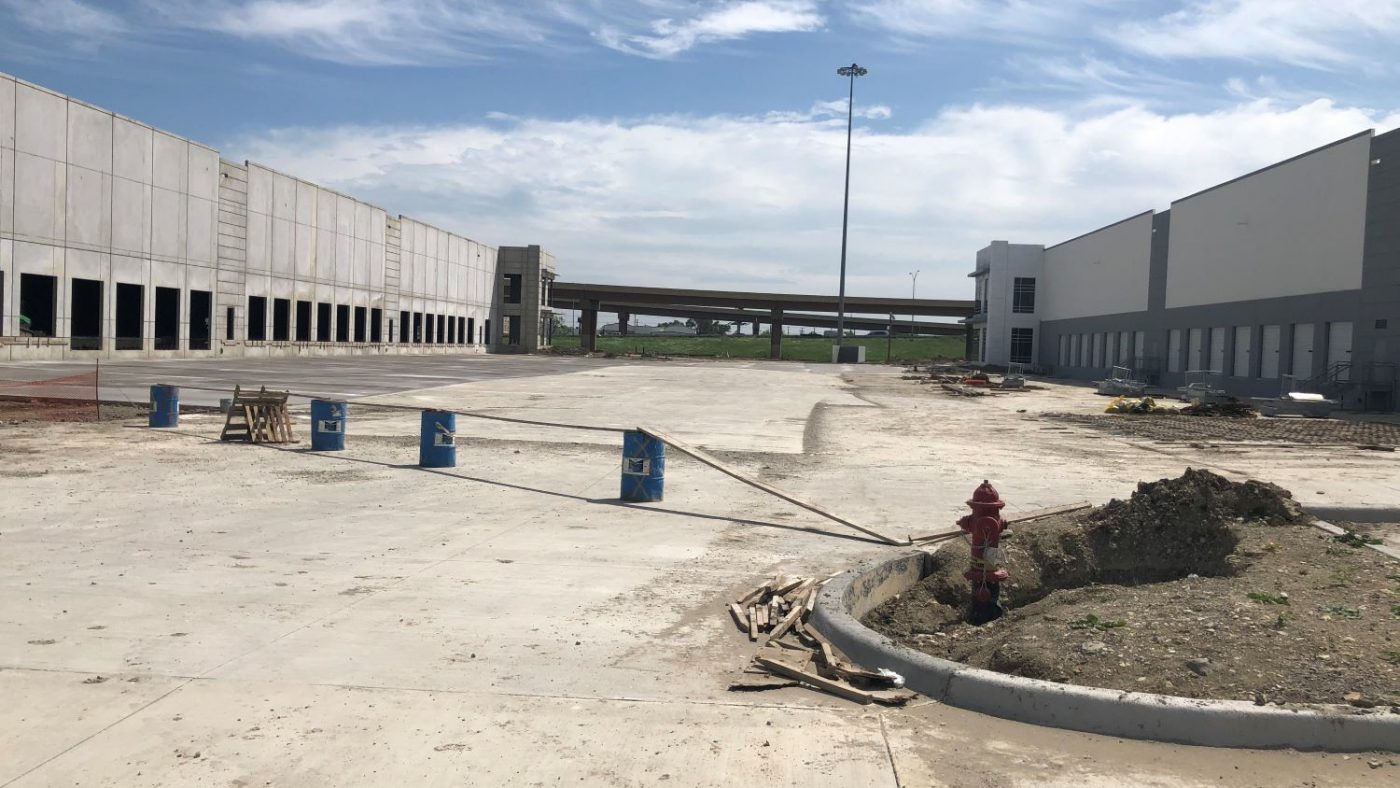Closed municipal solid waste (MSW) landfill sites often have the stigma of being old eyesores that have no beneficial uses. MSW Landfills in the US are regulated by the US Environmental Protection Agency (US EPA) through the Resource Conservation and Recovery Act (RCRA), specifically Subtitle D of RCRA, which was developed to provide provisions for landfills to be operated, monitored, and closed to mitigate human health and environmental impacts. The main purpose of closure criteria for the landfill is to minimize infiltration and erosion, which will consequently aid in minimizing future environmental impacts. Although design requirements for closure and maintenance requirements for closed landfills are specified in Subtitle D, there are no federal standards for the specific use of closed landfills. However, Maine, North Dakota, and Wisconsin do provide a list of prohibited activities for closed landfills.
What is Considered a Closed Landfill?
It should be noted that a closed landfill can be considered anything from a fully permitted Subtitle D facility to an unpermitted illegal dumping ground. According to the Texas Commission on Environmental Quality’s (TCEQ’s) Closed Landfill Inventory List, there are over 2,800 Closed Landfills in Texas alone. Many others exist but have not been officially identified by the agency.
Land that was once used as part of the developing community sits idle amongst an urban setting. In areas where developable area is scarce, or where the closed landfill may be situated in prime locations, certain situations may turn an unutilized property into an economic asset through the development of a variety of uses including sports complexes and/or other commercial uses such as office buildings or warehouse facilities.
Turning Closed Landfill Sites into Useful Assets
In many urbanized areas, where there is what appears to be vacant land in a prime location, the situation is often more common than thought. Many times, the property was historically operated as a landfill where household trash and building debris were often deposited. In the Dallas-Fort Worth Metroplex for instance, oftentimes, in low lying areas and areas of floodplains, land that was mined for sand & gravel or for general fill purposes leaving excavated areas that needed to be built up out of the floodplain. Opportunistic landowners saw the chance to reclaim the land by depositing MSW, bringing the site out of the floodplain, with soil cover eventually reclaiming the landscape. These properties were often stigmatized, abandoned, and left seemingly without value.
Benefits of Redeveloping Closed Landfill Sites
With an understanding of potential challenges such as environmental conditions, health and safety, and geotechnical considerations, land once left abandoned can be redeveloped, thereby increasing the local tax base and adding a workforce to a historically underutilized area.
Before construction can begin, many factors need to be considered because what lies beneath the surface requires special considerations. Although not as simple as building on an unimproved piece of dirt in the country, with proper planning, an MSW landfill may make sense in an area where abandoned land in a prime location is available.
Considerations When Redeveloping Closed Landfill Sites
There are several considerations that must take place including ensuring that all uses for the closed landfill allow for the integrity of the final cover system to be maintained to limit exposure and ensure the protection of human health and the environment. Additionally, because of potential settlement issues with the waste as it decomposes, routine maintenance of surface features including parking lots may be required.
Landfill gas must be controlled to ensure that the potential for buildup of explosive vapors is mitigated within any enclosed space. This is typically accomplished utilizing various mitigation measures including the installation of a passive or active ventilation system as well as the installation of a methane rated barrier beneath the foundation of the building.
Often times, there is a requirement for buildings constructed on landfills to have some form of continuous or periodic gas monitoring through the use of methane gas sensors and periodic field monitoring. Typically, an alarm can be set to sound at any percentage of the lower explosive limit (LEL). For instance, in Texas, methane sensors are required to sound when methane exceeds 20% of the LEL. A safety and evacuation plan is often designed in cases where sensors may sound. Additionally, gas monitoring may include the collection of periodic samples for future analysis in the laboratory.
State Regulations
There are only several states with specific regulations related to the development of closed MSW facilities including California, Florida, Indiana, Massachusetts, New Jersey, Ohio, Pennsylvania, and Texas. Others (Maine, North Dakota, and Wisconsin) have restrictions on the type of end-use of the facility.
How Can VERTEX Help?
VERTEX has a wealth of experience in the design and implementation of construction over closed municipal solid waste landfills. Our professional engineers, geologists, and design professionals are poised to answer your questions and to help move your development project from concept through construction.
To learn more about VERTEX’s Environmental Consulting services, or to speak with an Environmental Expert, call 888.298.5162 or submit an inquiry.




